The U.S. Department of State has released Travel Advisory for Nigeria, warning its citizens not to travel to some high risk states.
The states are Borno, Yobe, and Adamawa which hot beds of terrorism and kidnapping.
The department also listed Bauchi, Gombe, Kaduna, Kano, Katsina, and Zamfara states because of kidnapping while the coastal areas of Akwa Ibom, Bayelsa, Cross River, Delta, and Rivers states (with the exception of Port Harcourt) notorious for crime, kidnapping, and maritime crime.
US citizens are also advised to reconsider travel to Nigeria due to COVID-19, terrorism, and civil unrest.
It said:” Violent crime – such as armed robbery, assault, carjacking, kidnapping, hostage taking, banditry, and rape – is common throughout the country.
“Kidnappings for ransom occur frequently, often targeting dual national citizens who have returned to Nigeria for a visit, as well as U.S. citizens with perceived wealth. Kidnapping gangs have also stopped victims on interstate roads.
“Terrorists continue plotting and carrying out attacks in Nigeria, especially in the Northeast. Terrorists may attack with little or no warning, targeting shopping centers, malls, markets, hotels, places of worship, restaurants, bars, schools, government installations, transportation hubs, and other places where crowds gather. Terrorists are known to work with local gangs to expand their reach.
“There is civil unrest and low-level armed militancy in parts of Southern Nigeria, especially in the Niger Delta region. Armed criminality, including kidnapping and maritime crime, is also pervasive in this region.
“Violence can flare up between communities of farmers and herders in rural areas.
“There is frequent maritime crime in the Gulf of Guinea.
“The U.S. government has limited ability to provide emergency services to U.S. citizens in many areas of Nigeria due to security conditions.”
The statement also said:”lf you decide to travel to Nigeria, see the U.S. Embassy’s web page regarding COVID-19, viisit the CDC’s webpage on Travel and COVID-19.
“Carry proper identification, including a U.S. passport with a current Nigerian visa, if needed. Use caution when walking or driving at night. Keep a low profile.
“Review travel routes and times to vary your predictability. Do not physically resist any robbery attempt.
- Be extra vigilant when visiting banks or ATMs.
- Monitor local media for breaking events, and be prepared to adjust your plans.
- Be aware of your surroundings.
- Stay alert in locations frequented by Westerners.
- Avoid demonstrations and large political gatherings.
- Review your personal security plans.
- Have evacuation plans that do not rely on U.S. government assistance.
- Establish a “proof of life” protocol with your loved ones, so that if you are taken hostage, your loved ones know specific questions (and answers) to ask the hostage-takers to be sure that you are alive (and to rule out a hoax).
- Enroll in the Smart Traveler Enrollment Program (STEP) to receive alerts and make it easier to locate you in an emergency.
- Obtain comprehensive medical insurance that includes medical evacuation.
- Follow the Department of State on Facebookand Twitter.
- Review the Crime and Safety Reportsfor Nigeria.
- Prepare a contingency plan for emergency situations.Review the Traveler’s Checklist.












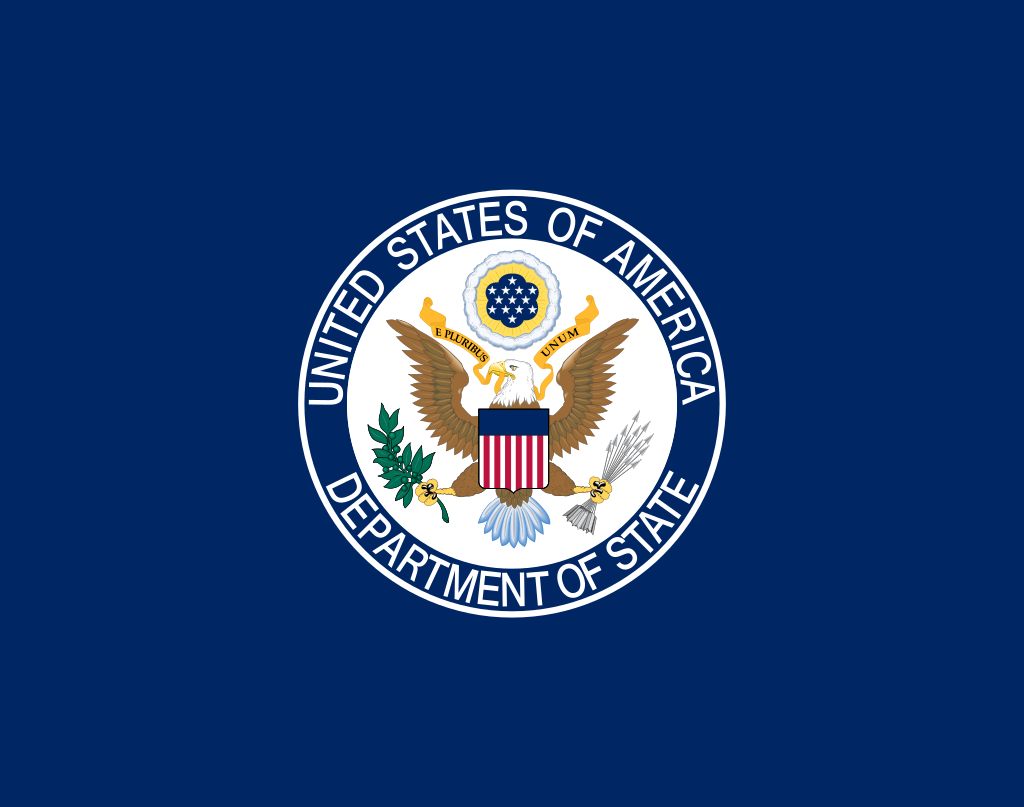
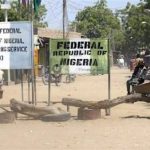

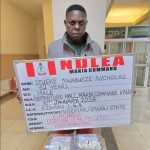
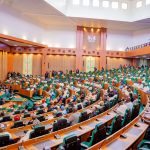


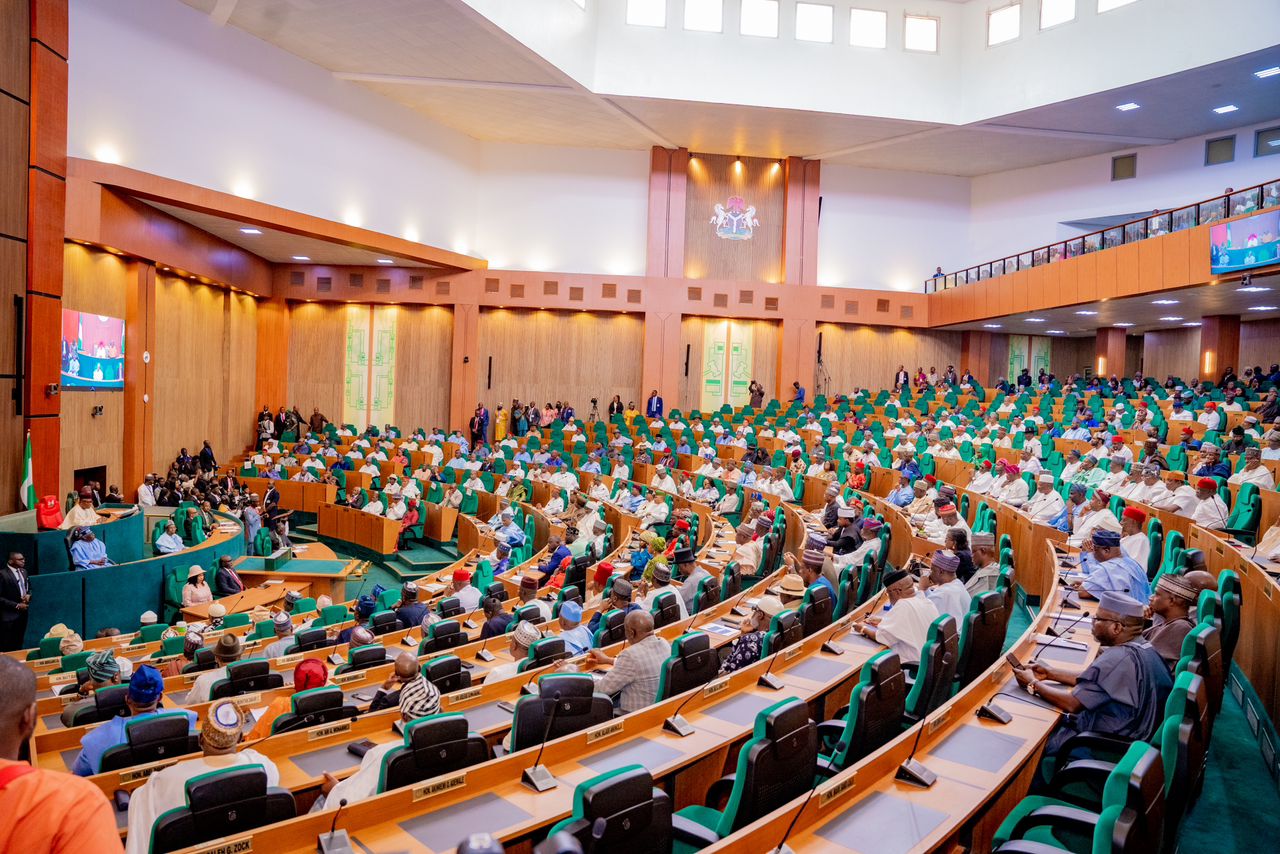








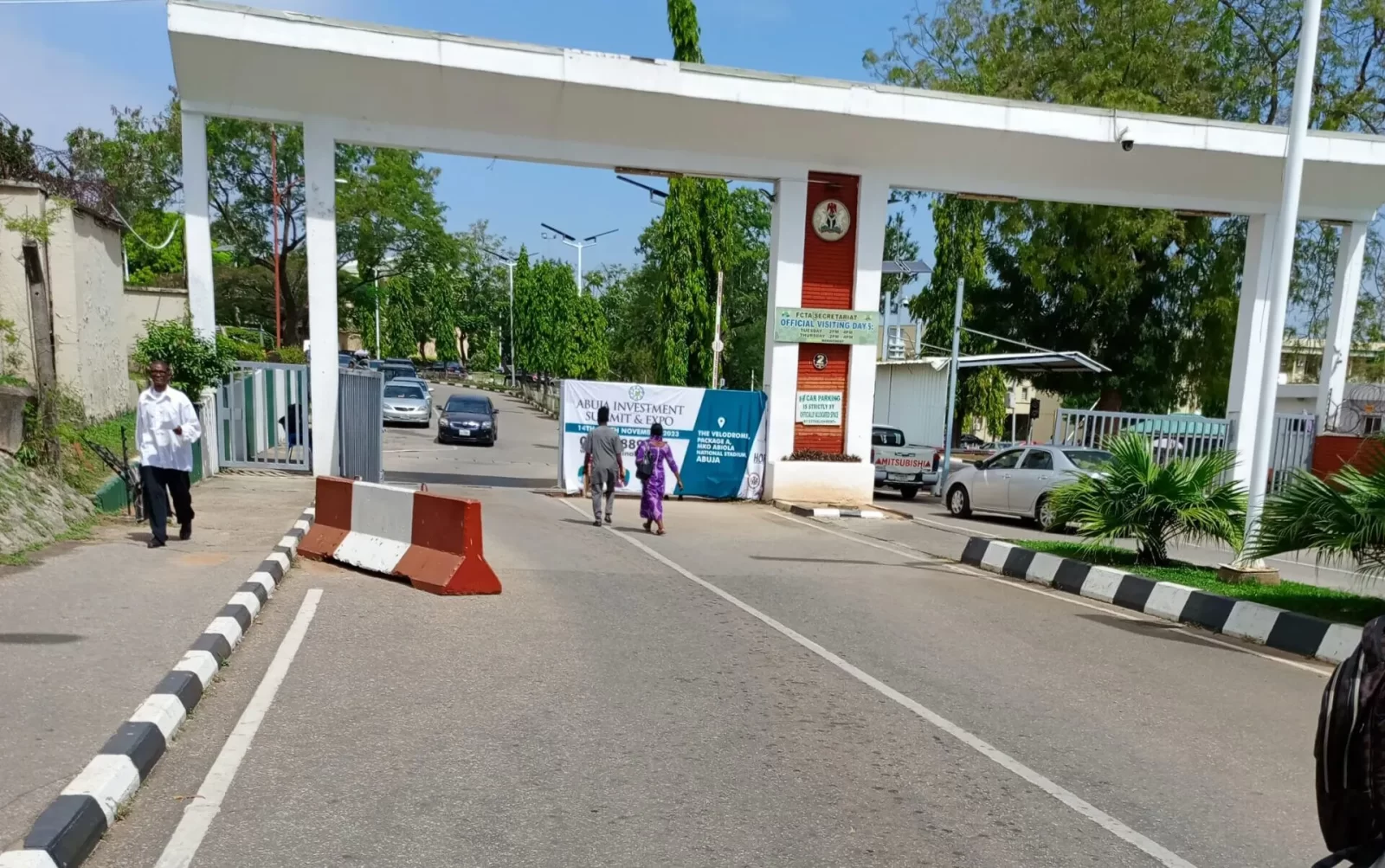
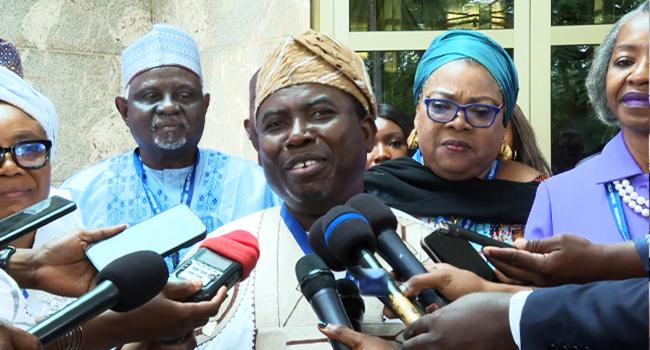








Leave a comment